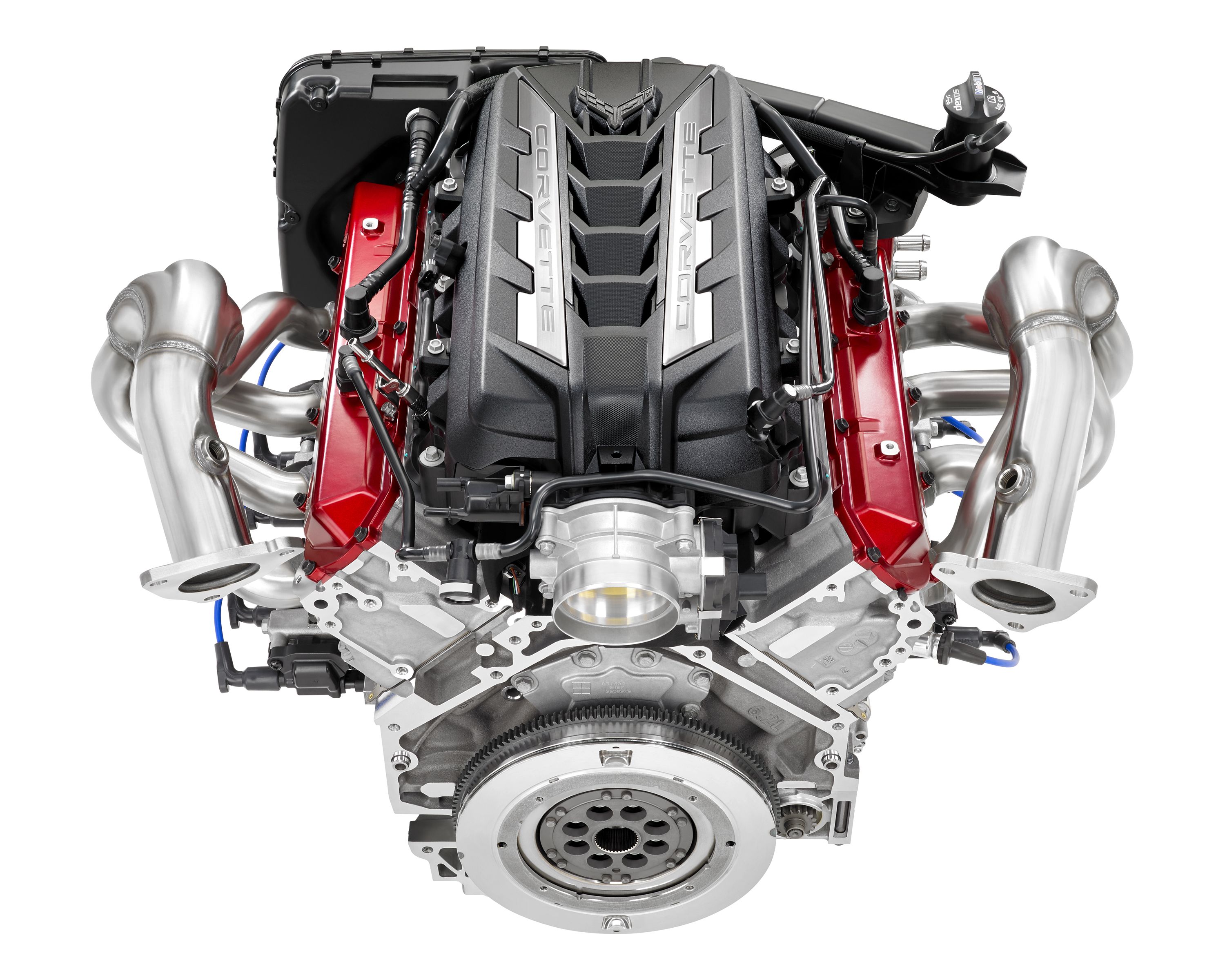Engines For Africa: Leading Provider of Premium Engines
Engines For Africa: Leading Provider of Premium Engines
Blog Article
A Full Guide to Choosing the Right Engine for Your Job
Selecting the ideal engine for your project is a critical choice that can dramatically influence its overall success. Each of these aspects plays a pivotal function in making sure that your selected engine not only satisfies instant purposes but also lines up with long-lasting desires.
Define Your Job Needs
Specifying your job requires is a crucial step in selecting the proper engine for effective execution. An extensive understanding of your job's goals will certainly assist you in identifying the features and capabilities needed from an engine. Begin by outlining the range of your job, consisting of the preferred functionality, target audience, and the details results you aim to attain.
Next, consider the technical demands that line up with your project objectives. This consists of examining the compatibility of the engine with existing systems, as well as the shows languages and structures that will certainly be used. Furthermore, assess the degree of scalability needed to suit future growth or changes in demand.
Spending plan restrictions also play a vital duty in specifying your project needs. Develop a clear economic structure to direct your decision-making process, making sure that the engine picked fits within your budget plan while offering the essential functionality.
Evaluate Efficiency Needs

Engines that support straight scaling are commonly better for bigger applications. Additionally, review the engine's performance under various conditions, such as peak usage circumstances, to guarantee it fulfills your reliability criteria.
Take Into Consideration Simplicity of Use
While technical specs are crucial, the ease of usage of an engine can significantly affect the advancement procedure and overall project success. An intuitive interface, clear documents, and streamlined process can dramatically minimize the discovering contour for developers, allowing them to focus on creativity and analytical as opposed to grappling with complicated devices.
When reviewing an engine's ease of use, consider the onboarding experience. A well-structured introduction, full with tutorials and sample jobs, can assist in a smoother transition for new users. In addition, the clarity and comprehensiveness of the engine's documents play an essential role; detailed overviews and API references can empower programmers to troubleshoot and carry out attributes effectively.
One more element to think about is the engine's personalization abilities. An engine that enables easy adjustments can be a lot more user-friendly, as developers can tailor it to fit their details demands without considerable inconvenience. Last but not least, examine the operations combination with platforms and devices you currently utilize. A cohesive environment can improve productivity and lower friction throughout the advancement procedure. Eventually, selecting an engine that prioritizes simplicity of use can cause an view publisher site extra enjoyable and effective development experience.
Assess Community and Assistance
The toughness of an engine's area and assistance network can significantly influence a programmer's experience and success. A vivid area often shows a riches of common expertise, resources, and repairing assistance that can boost your task's advancement process. When assessing an engine, consider the dimension and activity level of its area. Larger neighborhoods normally provide a lot more forums, tutorials, and third-party plugins, allowing developers to find solutions more efficiently.
Moreover, review the schedule of official assistance networks. Trusted documentation, receptive consumer assistance, and regular updates are crucial for addressing technological problems and keeping your task on course. Engines For Africa. Energetic neighborhoods likewise promote collaboration, providing opportunities for networking and comments, which can be invaluable, especially for little teams or independent developers
Furthermore, explore the existence of community-run occasions, such as meetups or hackathons. These events can enrich your understanding of the engine while linking you with potential partners and skilled customers. In recap, a durable area and support group not just improve advancement yet also hop over to these guys create a setting helpful to finding out and innovation, eventually improving the chance of your job's success.
Contrast Expense and Licensing Alternatives
Budget considerations play an important function in choosing the right engine for your project, as the expense and licensing options can substantially influence both temporary expenses and lasting practicality. Engines For Africa. Various engines use differing pricing frameworks, which can consist of single purchase costs, membership versions, or revenue-sharing arrangements based on your job's revenues

Certifying choices also vary significantly. Some engines are open-source, using versatility and community-driven support, while others might need exclusive licenses that restrict use and distribution. Comprehending the ramifications of each licensing model is vital, as it affects ownership rights, future scalability, and prospective lawful commitments.
Conclusion
In verdict, choosing the ideal engine for a job demands a complete analysis of defined job needs, efficiency requirements, convenience of use, area support, and cost considerations. By systematically resolving these critical factors, decision-makers can guarantee placement with both existing and future task needs. A well-informed option ultimately improves the likelihood of task success, enabling reliable resource appropriation and optimizing possible results within the specified financial helpful site restrictions.
Picking the proper engine for your project is a critical choice that can dramatically impact its overall success.Specifying your project requires is a critical step in choosing the ideal engine for successful execution. A thorough understanding of your job's purposes will certainly assist you in recognizing the abilities and functions called for from an engine.As soon as you have a clear understanding of your project requires, the next action is to evaluate the performance demands of the engine.In conclusion, selecting the ideal engine for a task necessitates a thorough examination of defined project requirements, performance requirements, simplicity of use, area support, and price considerations.
Report this page